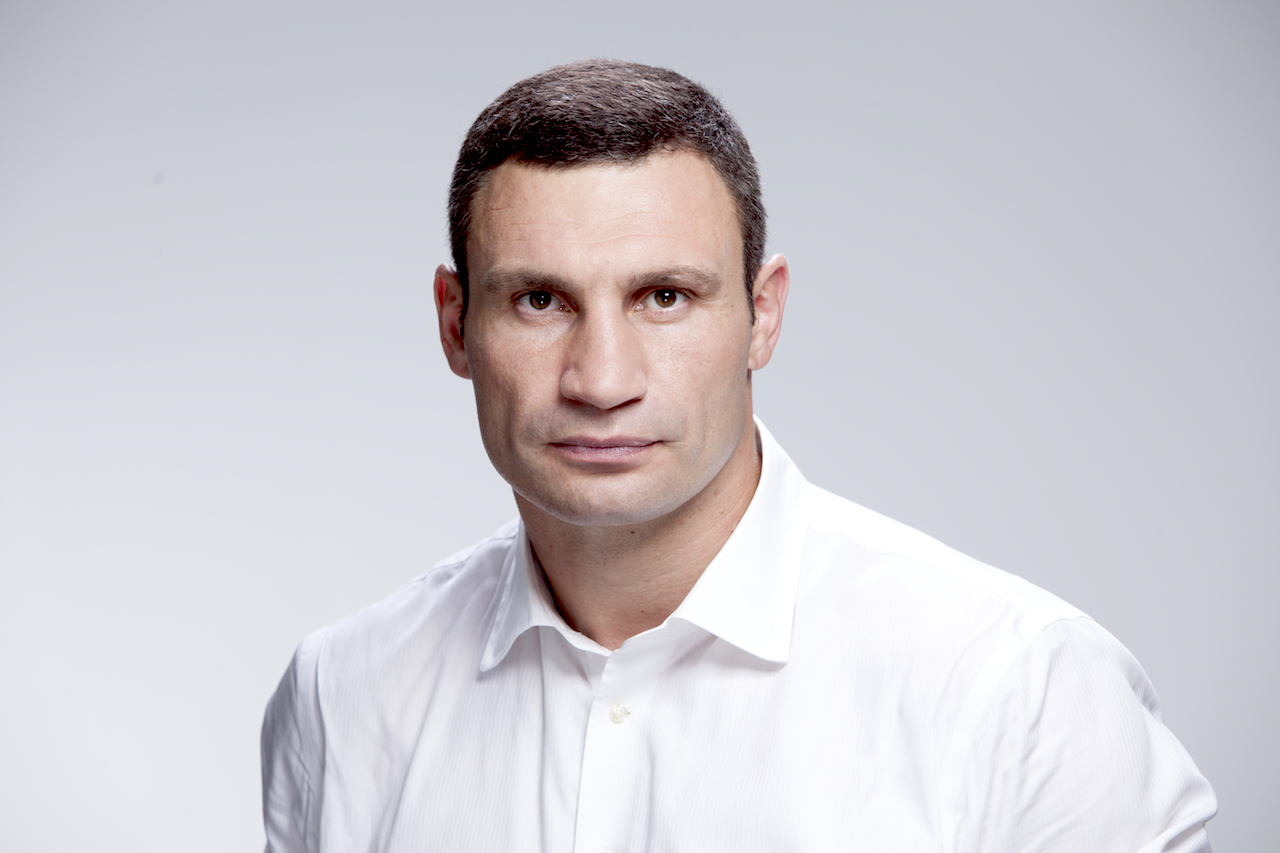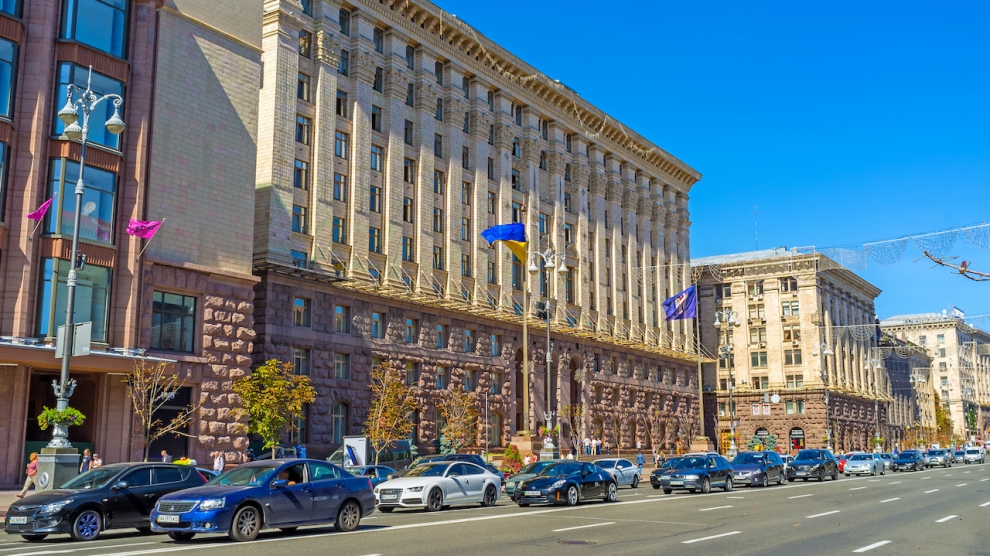Set up 1,535 years ago, Kyiv is one of the oldest cities in Central and Eastern Europe. Not only is it Ukraine’s capital, and the country’s largest city, but it also enjoys a special administrative status and is considered a region.
On 21 November, 2013, Kyiv and its main square Maidan Nezalezhnosti (Independence Square) witnessed a wave of demonstrations, from people demanding closer European integration, which led to the 2014 Ukrainian revolution. Today, life in Kyiv is back to normal and welcomes both foreign investors and tourists.
“We live in TV screens and when people see there is a military conflict in [eastern] Ukraine they think it is exactly the same in Kyiv, but Kyiv is a safe city. [It is] 800 km away from the conflict zone. Last year, 60 per cent of all investment went to Kyiv. It’s a sleeping elephant. We have huge potential in the city and it is not developed,” Vitali Klitschko, Mayor of Kyiv, told Emerging Europe.
Between 2004 and 2007, Kyiv’s GDP grew by an annual average of over 13 per cent. The largest drop of 18.3 per cent took place in 2009, and was a result of the global economy crisis. In 2010, it began to grow again and in 2013, increased by over six per cent. After Euromaidan, it fell again in 2014 and 2015 by 3.9 per cent and 6.5 per cent, respectively. In 2015, cumulative foreign direct investments (FDI) in Kyiv dropped by one per cent to $22.6 billion. The percentage of Kyiv’s population who were economically active decreased to 1,46 million people accounting for 51 per cent of the city’s resident population in 2015.

“The last couple of years have been quite difficult for the [Kyiv] economy. Last year the [Ukrainian] economy grew by about 1.5 per cent. For Kyiv this means a 30 per cent increase in the city’s budget,” says Mr Klitschko.
The mayor believes his city has enormous potential for development and investment. It offers opportunities for projects related to real estate, medicine, education, sport and recreation, transport, energy and energy efficiency. Mr Klitschko invites investors and makes a promise to them.
“I present myself as a former champion in boxing. I fight to attract investors and I present myself as a bodyguard for foreign investors in Ukraine. Giving every investor a secure feeling is my goal,” he adds.
As a former tourist guide, he also believes in the city’s potential as a tourist destination. In 2015, the foreign tourist inflows increased by 16 per cent to 1.1 million. According to the Office of Tourism of the KCSA the largest number of tourists came to Kyiv from Russia, Israel, Belarus, the US and Germany.
Now the mayor’s goal is to attract more cultural, musical and, most of all, international sports events to Kyiv. Just like the Eurovision Song Contest they will stand a high chance of not only encouraging international crowds visit Ukraine’s capital and enjoy music but also to prove that this 1,500 year old city has much to offer.

